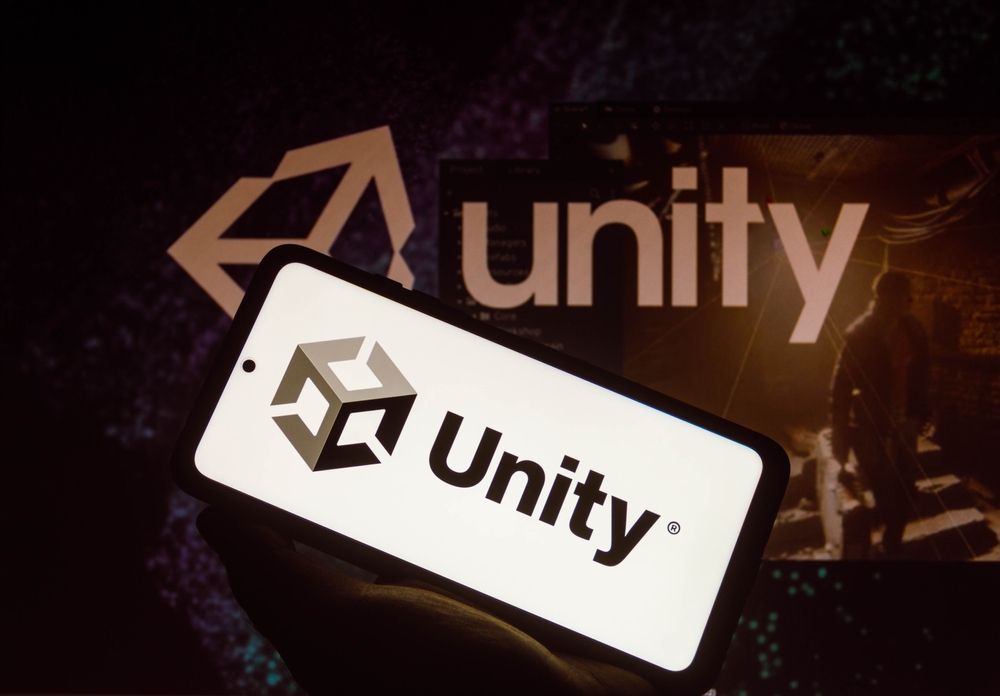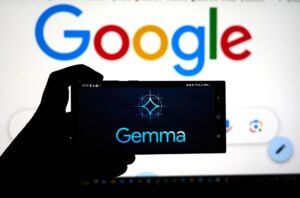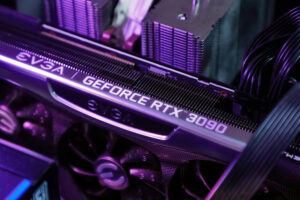The video gaming industry is undergoing a significant transition with the release of AI tools for Unity.
Developers are hopeful that AI’s ability to craft dialogue, characters, and landscapes will slash their multimillion-dollar budgets. But at what cost to the quality of games and the livelihoods of creatives?
Unity, an extensive game development toolkit, recently launched AI platforms for integrating AI into workflows and generating 3D assets and animations.
Unity’s CEO, John Riccitiello, said that AI “may be bigger and faster” than previous technology-driven transformations in gaming, including PC graphics cards and mobile apps.
Conversely, Julian Togelius, an associate professor at New York University, cautioned that the gaming industry is entering a “period of upheaval” where the “amazing” potential of AI should be weighed against the claims of “breathless hypesters.” He acknowledged a “sizeable contingent of [AI] haters in game development” as creators fear for their jobs or worry that the quality of games may be affected.
Venture investors at Andreessen Horowitz predict that gaming will be the sector “most impacted” by generative AI, as cost savings could add up to hundreds of millions of dollars.
About Unity’s AI updates
Unity, the leading game development platform, unveiled two new AI tools: Unity Sentis and Unity Muse.
- Unity Sentis is a cross-platform AI engine enabling game designers to deploy AI models within any Unity project. In essence, it allows developers to incorporate neural networks into their games across all platforms supported by Unity. Developers could build games with AI models deployed through Sentis.
- Unity Muse comprises AI tools designed to accelerate the creation of 3D content for games. Essentially, designers will be able to use language prompts to generate various assets, dialogue, etc., within Unity.
Unity is releasing an AI market where users can download various AI-powered plugins for game development, enabling them to generate characters, animations, and so on, with minimal manual work.
Unity Sentis and Unity Muse are presently available in a closed beta phase.
Critiques of Unity’s new AI tools
Unity Muse and Unity Sentis have stirred controversy centered around their practicality, ethics, and copyright standing.
A key point of contention is how Unity sources the datasets used to train these AI tools. Designers are worried that AIs scrape game designers’ data to generate new content.
“We licensed third party LLMs…”
Without actually disclosing what those LLMs are, this is just the new version of being able to ‘blame it on the intern’ if things go awry.
Why do NONE of these companies want to fully disclose their models or datasets? I think we all know. https://t.co/2Ptvt3X5ME
— Reid Southen (@Rahll) June 27, 2023
Many took to social media to urge Unity to provide clear details about their AI-trained datasets, but they’ve not been forthcoming thus far.
Moreover, some developers argue that Unity’s approach to AI tools is cavalier and seems like an attempt to ride the AI hype train rather than offering well-thought-out, developer-centric AI-powered tools. Coupled with Unity’s substantial lay-offs announced in May, this has left many highly skeptical of the company’s moves.
Nevertheless, many agree that AI does have potential in game development if used intelligently and ethically. For instance, studios like Hidden Door train AI on an in-house creator’s work – a wholesome way to fuse authentic work with AI.
Copyright issues in AI rage on
AI’s ever-increasing role in the creative industries is raising eyebrows.
AI tools like Unity’s UnityMuse and UnitySentis learn and improve their functions through exposure to vast amounts of data, often acquired from public resources or proprietary databases.
This raises copyright infringement issues when the AI tool’s output bears striking similarities to the data it was trained on, especially if this data includes copyrighted material.
I think this marks a pivotal moment for me when my perception of unity has turned from “sometimes sketch but still valuable” to “actively hostile to workers” https://t.co/I72oZsbxtv
— Aura (MOOMANIBE@Cohost) (@MOOMANiBE) June 27, 2023
Forthcoming AI regulations – like the EU’s AI Act – are set to enforce transparency rules about training datasets. For example, companies like OpenAI must disclose any copyrighted material in their training sets.
Thus far, AI developers are often reluctant to disclose their training datasets for fear of infringing on copyright laws. There’s also concern that revealing these datasets could expose trade secrets and potentially give competitors an advantage.
It’s proving an intractable issue. Traditional copyright laws were not designed with AI in mind and, as such, are ill-equipped to handle these novel challenges.
Right now, influential AI developers are choosing to keep their AI training data confidential. While this protects them from legal risk, it does little to address the broader ethical and legal questions surrounding AI and copyright.





